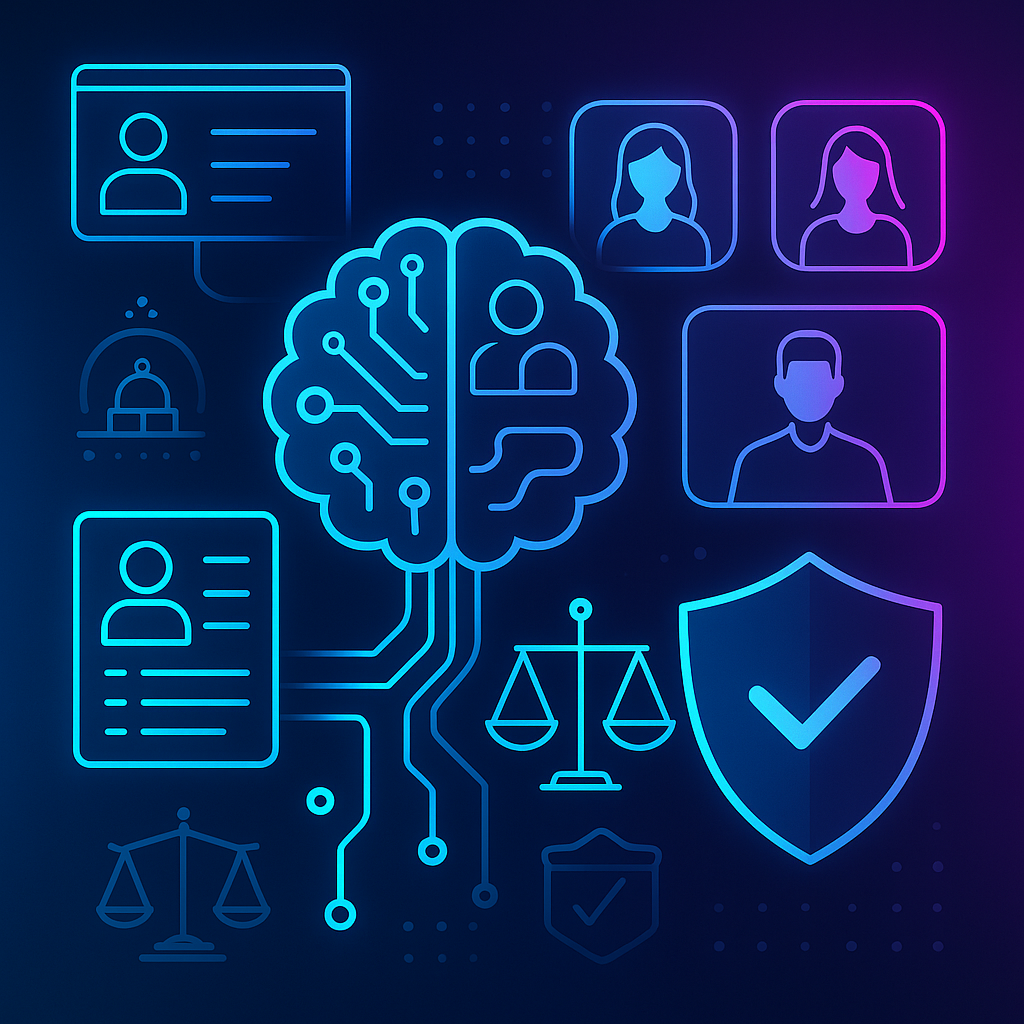How building a neurodiverse workforce can give you a competitive edge

Every day, employees are expected to think outside of the box and produce novel solutions to problems. If we put aside the idea of “normal,” neurodiverse people have a unique set of skills that can be utilized in the workplace, giving companies a competitive advantage. Some examples:
- The brains of autistic people can be highly creative, with extraordinary focus, reasoning, imagination, and visual thinking abilities. They are also methodical, exacting, and meticulous. As a result of this collaboration, they are able to approach problems from different angles.
- On creativity tests, people with ADHD can fare better than their non-ADHD counterparts. It is possible for people with ADHD to hyperfocus, which implies that despite having an attention deficit, they are able to concentrate on a specific area of interest.
- 84 percent of dyslexic people are above average in reasoning, understanding patterns, evaluating possibilities, and making judgments, which is evidence that they can think outside the box. Their skills are priceless when it comes to seeing things from many angles and evaluating situations from several points of view.
Various teams with different viewpoints are quite beneficial. In any project or product development process, neurodiverse teams help to ensure that all perspectives, angles, and methods have been considered.
Suggested resource on neurodiverse hiring: Neurodivergent talent: the new frontier in diversity hiring
In addition to boosting productivity and quality of service, the development of effective neurodiverse teams is also beneficial.
Why neurodiversity creates opportunities
Employees with diverse backgrounds, disciplinary training, gender, culture, and other unique characteristics are well-known to most managers, who understand the benefits of such diversity. There are some similarities, but the benefits of neurodiversity are more immediate.
A company’s efforts to produce or recognize value may benefit from the viewpoints of neurodiverse people because they are wired differently than “neurotypical” people. And as a result, particular problems within an organization can potentially be solved with a different perspective and approach offered by the neurodivergent.
For example, according to Harvard Business Review, “a neurodiverse customer-support analyst spotted an opportunity to let customers help solve a common problem themselves; thousands of them subsequently used the resources he created.”
So why aren’t companies employing neurodivergent candidates more? Here’s why.
Why companies don’t tap neurodiverse talent
An issue that is especially prevalent in larger corporations is the assumption that processes need to be scalable and standardized. However, employees with neurodiverse attributes typically need to be allowed to deviate from standardized practices. Subsequently, this shift’s the manager’s focus away from ensuring compliance through standardization toward making individual adjustments.
Another challenge is that although neurodiverse people may excel in other areas, they score lower in the first traditional approach to candidate suitability: interviewing. Neurodiverse people, in general, are unlikely to outperform less talented neurotypical candidates in interviews. People with autism frequently do not make good eye contact, are prone to conversational tangents, and can be overly honest about weaknesses. This is what drives an interview score down further than that of a neurotypical person.
The good news is, there are other methods of determining a candidate’s suitability.
Overall, managers must take on the challenge of piecing together a diverse array of jigsaw pieces, rather than treating individuals as containers of human resources that can be interchanged with each other.
Suggested resource on hiring strategy: How to build HR flexibility and resilience post-COVID
Utilizing non-biased AI recruiting tools like Leoforce Quantum is the first step in tapping into neurodiverse talent. As an adoption of non-biased AI recruiting tools, the benefits to companies will be significant: more access to the talents and viewpoints of their employees, which may allow them to compete more successfully.
Resources
- https://hbr.org/2017/05/neurodiversity-as-a-competitive-advantage





